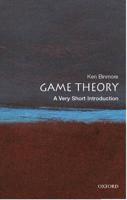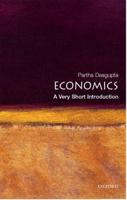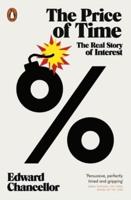Publisher's Synopsis
Foreword by the Rt. Hon. Gordon Brown, Chancellor of the ExchequerThis book aims to show that Adam Smith (1723-90), the author of The Wealth of Nations, was not the promoter of ruthless laissez-faire capitalism that is still frequently depicted. Smith's "right-wing" reputation was sealed after his death when it was not safe to claim that an author may have influenced the French revolutionaries. But as the author, also, of The Theory of Moral Sentiments, which he probably regarded as his more important book, Smith sought a non-religious grounding for morals, and found it in the principle of sympathy, which should lead an impartial spectator to understand others' problems. This book locates Smith in the Scottish Enlightenment; shows how the two books are perfectly consistent with one another; traces Smith's influence in France and the United States; and draws out the lessons that Adam Smith can teach policy makers in the 21st Century. Although Smith was not a religious man, he was a very acute sociologist of religion. The book accordingly explains the Scottish religious context of Smith's time, which was, as it remains, very different to the English religious context.The whole book is shot through with Iain McLean's love for the Edinburgh of his birth, and for the Scottish Enlightenment. It begins and ends with poems by Smith's great admirer Robert Burns.















